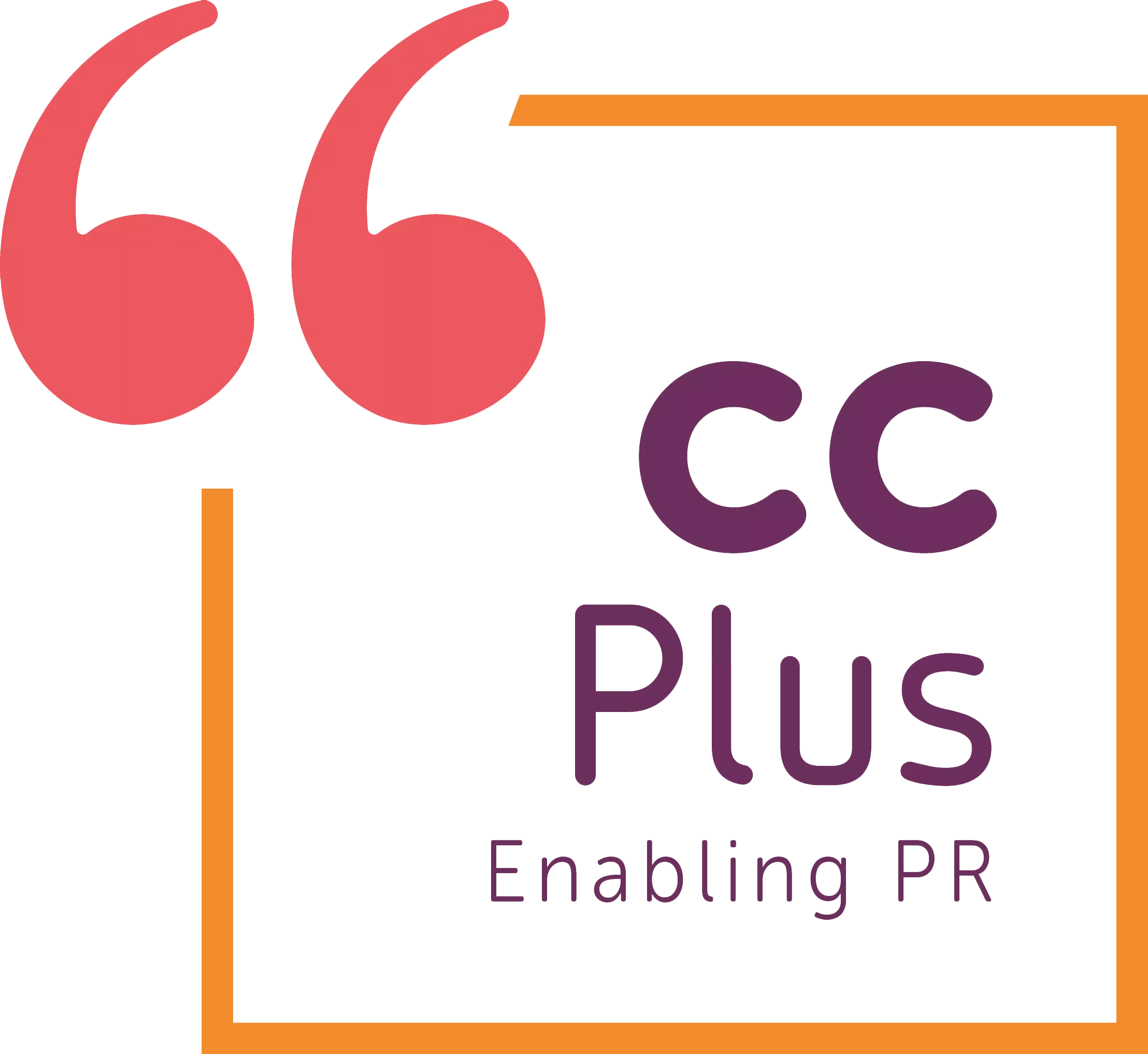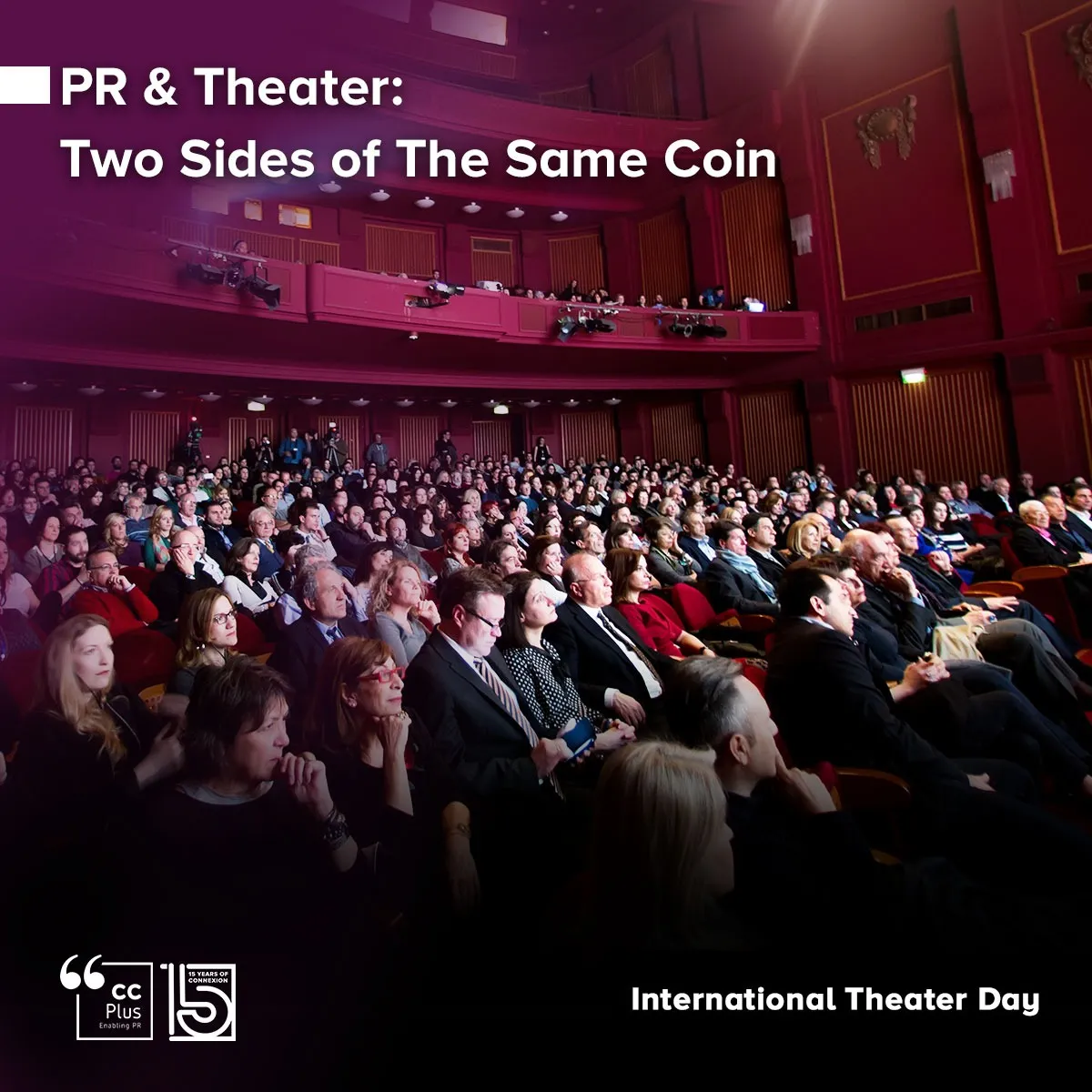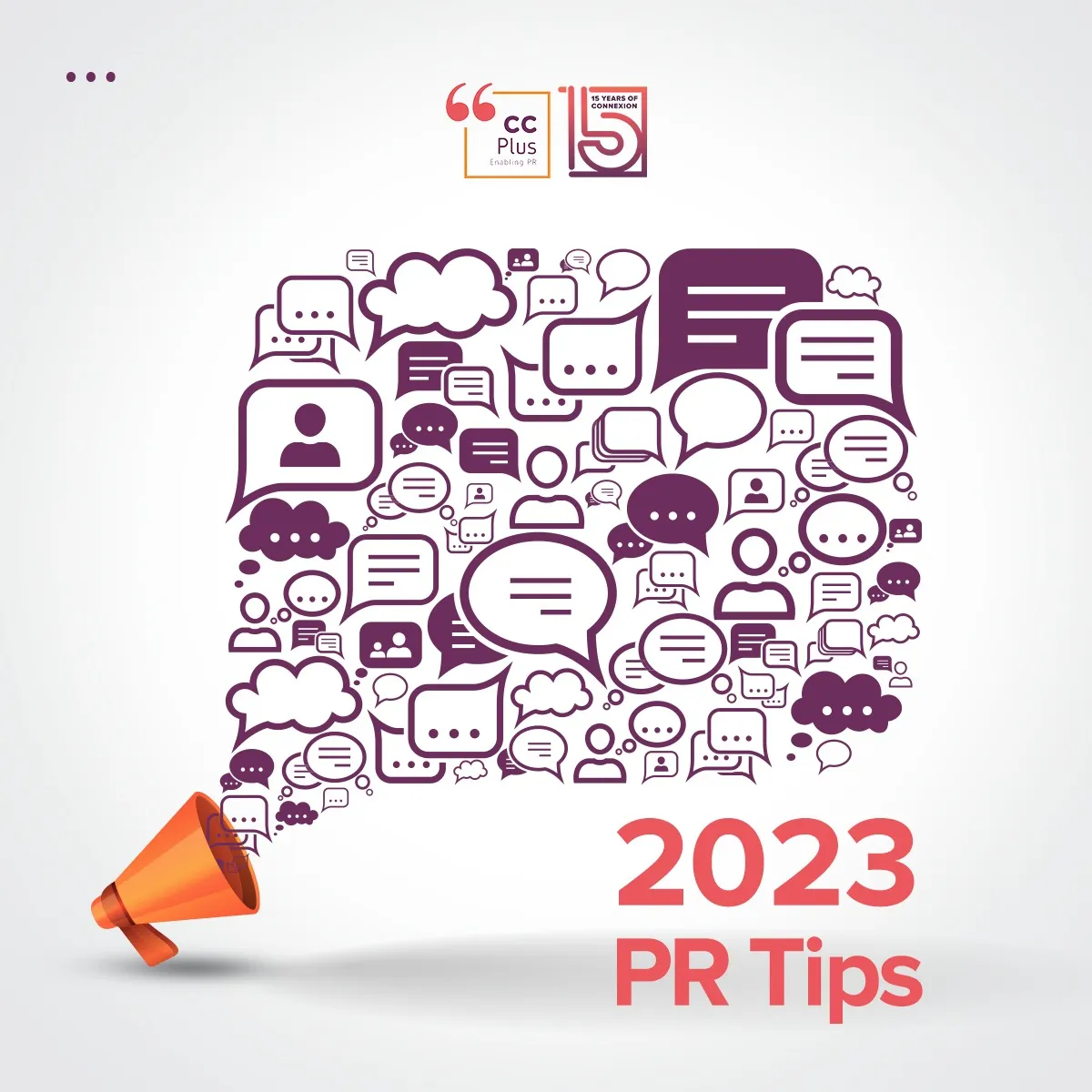The impact of social media on public opinion
After the impact of social media on public opinion has proved itself to be the most substantial impact a form of media can have on an audience, social media has been used as a powerful tool by politicians, marketers, brands, companies, and even individuals to achieve their goals.
Social media usage in public opinion has many objectives that differ from one case to another, as we will explain in more detail in this article. However, they can be summed up in two general objectives:
1. Changing an unwanted situation by creating a collective mindset through which the public can unite to take a stand on social or political issues and create social movements.
2. Creating a positive mental image for the brand or company in the public’s mind.
Introduction on how social media influences public opinion
After the technological revolution dominated the world and changed our lifestyle and way of exchanging knowledge, social media became the most significant influence on public opinion.
A person’s awareness, personality, and thinking pattern are shaped by what they acquire from the behaviors and information present in their surrounding environment. That environment includes; family, friends, school, places of worship, religious practices, and any other place or means they can interact with others and learn from. That can happen through face-to-face communication or any cultural or artistic forms such as; books, music, or movies.
With the advent of the internet and social media, they have become a major component of the environment that constitutes and affects human awareness, inclinations, opinions, and even behaviors. It has also become the easiest way to communicate with different people from all over the world, access information from various sources in the easiest and fastest way, and learn the diverse ideologies of different cultures. That is how social media influences public opinion and moves the audience towards the desired behavior.
What impact does social media have on society exactly, may you ask?
The role of social media in public opinion has been profound and evident since it started gaining attention and attracting interest years ago. In many countries, including Egypt, especially after the 2011 revolution, the understanding of the importance of social media has been increasing each day.
As mentioned by Lamia Kamel in CC Plus, the new generation recognized that social media platforms are not just made for entertainment; they also have a crucial role in helping the uprise of social movements, leading them to achieve their goals and changing political views. That forced people with authority to also believe in the power of the double-edged sword that is social media.
Social media: the new replacement for public platforms
Social networks are tools used to reach and influence the public sphere. A public sphere consists of a group of citizens who gather and discuss different matters. That can happen through various platforms, including; cafes, public places, clubs, etc.
However, with the advent of social media, it has become an invaluable addition if not the perfect replacement for the traditional platforms.
How does social media influence social movements?
Social movements were always an effective weapon that people used on a national and international level all around the world to restructure the past, reshape the present, and change the future of society.
Through social media, communication among the public sphere has been a lot easier. Also, considering the billions of people browsing the internet and including social media in their lifestyle, those social movements became able to reach larger audiences. That changed the idea behind a public sphere, as it wasn’t exclusive to the citizens of a specific country. Now, social movements can reach everyone through Facebook, Twitter, or any other platform, making social movements an international matter in which everyone can participate.
How can social media enforce social movements?
1. The rapid spread of information helps to validate and expand the movement.
2. Helping social movements propagate a narrative through which they can gain empathy.
3. Enable the protestors to bypass censorship forced by the government in some cases.
4. Create hashtags and trends to voice their demands, and force the authorities to take actions to their advantage in order to avoid public rage.
5. Prevent the danger of physical presence, which was the main characteristic of social movements in the past.
6. Simplify the process of organizing social movements’ activities as the traditional social movements were restricted by limited mobility across physical spaces.
7. Changing the dynamics of old social movements to help everyone speak themselves.
In the older dynamic, social movements required opinion leaders, which made it hard to listen to the lower voices within the crowd. Nowadays, everyone is a leader of their own movement, and chances are provided more equally.
Most inspirational social media brand campaigns in response to social issues:
1. “For Once, Just Don’t Do It“ – Nike:
Video: https://twitter.com/Nike/status/1266502116463370241
Nike was not a stranger to the racism movements in America. As a matter of fact, it has always shown its support to such issues. The “For Once, Just Don’t Do It” Campaign was made in response to the murder of George Floyd due to police brutality.
The Campaign involved statements rolled out on social media channels. Nike said: “For once, don’t do it. Don’t pretend there’s not a problem in America. Don’t turn your back on racism”.
The campaign gained a lot of approval from the public, including its own rival Adidas retweeting the message. As mentioned by Forbes, Nike’s PR team set an example of the importance of responding to social issues and taking turns to change the situation for the better.
2. “We Accept“ – Airbnb:
Video: https://www.youtube.com/watch?v=yetFk7QoSck
The popular home-sharing site launched a politically charged campaign under the hashtag (#WeAccept). The campaign took a stand against the previous American president, Donald Trump’s nation-dividing travel ban.
The campaign drew positive national attention from the public, especially after reading the announcement, which stated: “We believe no matter who you are, where you’re from, who you love or who you worship, we all belong. The world is more beautiful the more you accept”.
3. “Project Body Hair“ – Billie:

Although Billie is a razor selling brand, it launched a campaign in 2019 under the hashtag #ProjectBodyHair. The campaign wanted to raise awareness about female beauty standards by pointing out that women’s razor brands do not show body hair, although it exists.
As a great tactic to raise brand awareness through social media platforms, the brand encourages women through their website to use the hashtag and increase their library of women on the internet with body hair.
The campaign contributes to the different social movements throughout the years regarding the issue of positive body image and stereotypes.
According to a survey done by Sprout Social, around 66% of consumers said they believed brands should weigh in on social issues because they can create real change. At the same time, 63% reaffirmed that brands have platforms to reach a large audience. And in another survey done by them, almost half of the consumers wanted brands to take those stands on social media.
That can only prove that the understanding of the consumers and audience’s needs, reaching out on social media as their most desired and used channel of communication, in addition to a good PR team, can majorly affect the public opinion and the image of the brand.
How social media affects political views
As we discussed previously, social media has been a significant factor in the uprise of many social movements. It was used as a channel for many brands to launch their own campaigns as a stand on social issues.
However, social media was also able to affect the political views which the public adopted. Not only that but also the thought process through which they reach these conclusions.
According to Virginia Tech expert Mike Horning, when false information spreads across social media about the electoral process being unfair, this could impact how the public feels about the entire election process and undermine their belief in democracy.
As we have seen ourselves for the past few years, elections around the world have lost their reputation among the public. This is where the role of PR agencies comes, as they are able to translate the situation honestly and positively to the public.
PR agencies with expertise in the political field can choose the appropriate approach and launch campaigns through social media to educate the public on the electoral process and reach a wider audience. In case you were looking for political PR services, the most recommended ones in Egypt would be CC Plus’s stakeholder management services that apply specific industry knowledge with government authorities that deliver winning results.
Examples of social media political movements
1. Iranian Green Movement:
We have stated that the public views on the elections have been affected negatively. The controversy surrounding the Iranian elections led to Iranians’ protests against the highly controversial Iranian presidential elections in 2009.
The protests began on the night of 12 June 2009, following the announcement that incumbent President Mahmoud Ahmadinejad won nearly 63% of the votes, despite reports of irregularities in the electoral process. As mentioned in CBC Canada, the protest went viral thanks to the social media app that made sharing news between civilians so much easier: Telegram.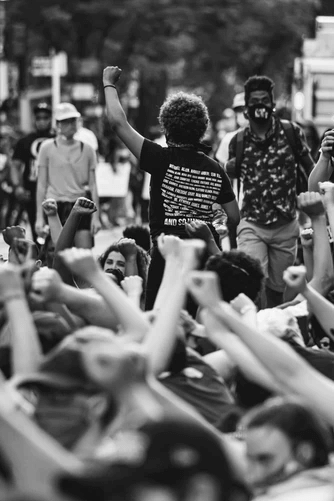
2. Arab Spring:
Arab Spring is a series of anti-government protests and uprisings as a response to oppressive regimes and a low standard of living. It started with Tunisia and spread across the Arab world, mainly: Egypt, Libya, Yemen, Syria, and Bahrain, all with the help of social media platforms.
3. The Egyptian Revolution of 2011:
“Bread, freedom, and social justice!”
This was the chant that took over Tahrir Square in Egypt. Millions of Egyptian youth decided that on the day of 25 January 2011, they’d leave a mark in the history of social revolutions, a revolution in which Facebook – one of the most influential social media platforms – was its true leader. It was proof that the impact of social media on public opinion is impeccable.
A Facebook page was created by the activist Wael Ghoniem in the name of “We are all Khalid Said,” a young man killed as a result of police brutality. The page encouraged Egyptians to take a stand against the mistreatment of the police and reject the oppression practiced by the authorities on the citizens. It also demanded the overthrow of the former Egyptian president Hosni Mubarak.
(Video) CNN: Egyptian activist, Wael Ghonim ‘Facebook to thank for freedom’: https://www.youtube.com/watch?v=JS4-d_Edius
Traditional Media: What should be said, and what should not?
Traditional media used to have a remarkable power on public opinion. Radios, Televisions, and Newspapers surrounded us everywhere as we grew up. They shaped our minds and thoughts.
Fast enough, the government took over those channels. Nowadays, people suffer the same issue with the traditional media as the electoral process, which is dishonesty.
Traditional media needed the official channels to broadcast its message and influence the audience. This forced the media to adopt the ideas of the government and the upper hands, which made its message insincere and fake.
The impact of media coverage on public opinion
As a result of the distrust that the public developed towards the traditional media, the impact it had on public opinion decreased over the years. After the advent of social media, people found a new way to gain information from different sources and reach unbiased facts easily.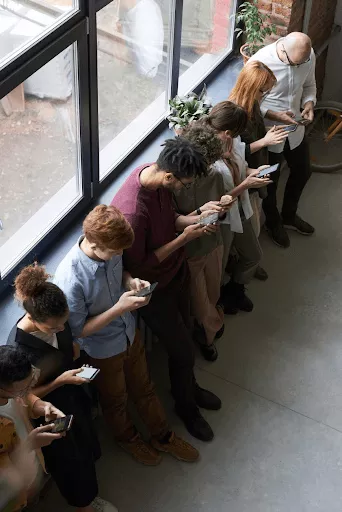
In addition to that, social media provided people with a two-ways-communication system. Not only are they exposed to different ideas and opinions, but they are also able to express themselves through discussions within their virtual communities and give feedback to the content creators.
However, with the clever media monitoring provided by PR agencies, their clients can make accurate decisions at the right time. This can help create a healthier relationship between the public and the content creators, whether that is local or international newspapers, radio/TV broadcasts, newsletters, and the internet.
What’s the general purpose of how social media influences public opinion?
The objective of using social media as a channel to influence public opinion varies from one situation to another. The article at hand showed many cases in which social media can be used to make a change through the powerful effect it has on people.
In some of these cases, the purpose was to change the political situation completely; The Arab Spring and The Egyptian Revolution of 2011 are good examples. In others, just like the case with Airbnb, Nike, and Billie, the purpose of such campaigns was to support persecuted minorities, challenge social norms, and voice the public’s thoughts to gain their approval and support in return.
Conclusion on how social media influences public opinion.
Although social media proved to be a tool of freedom in the hands of its users, it started to show its negatives recently. False information, cyberbullying, and invasion of users’ privacy became the main problems users suffer from on a daily basis. Social media platforms owners are still trying to execute their policies more strictly to prevent those issues from happening.
On the other hand, the traditional media had its impact on public opinion in the past. When social media came along, with all its advantages and possibilities, it replaced the traditional press, proving to have a massive effect on public opinion.
With the world progressing each day and experts trying to find more accessible and faster ways to communicate, it can be expected that a new channel of communication may replace social media in the future or be able to influence public opinion even more powerfully.
How can PR agencies help influence public opinion?
PR agencies understand the impact of social media on public opinion as they have an essential role in helping the process. As a result, CC Plus provides multiple services through which any company/brand/or even independent creators can create a positive image for themselves and gain the trust and approval from the audience. This can be achieved through Corporate Social Responsibility services and Cause Marketing.
These Agencies’ expertise in Government Relations and Political PR is also needed to help with the governmental issues related to public opinions, such as the voters’ behaviors and views on the political processes.
